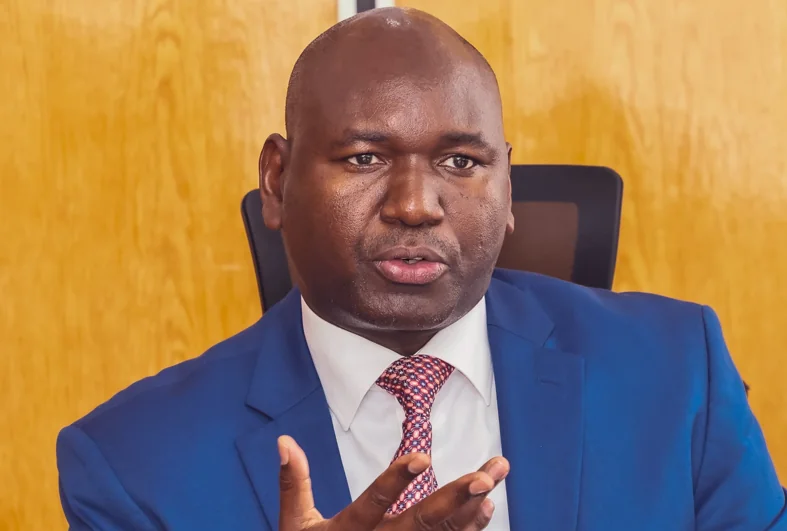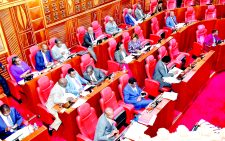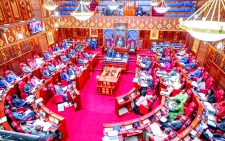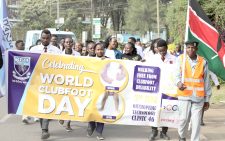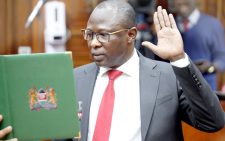High cost of living is govt’s biggest failure – survey
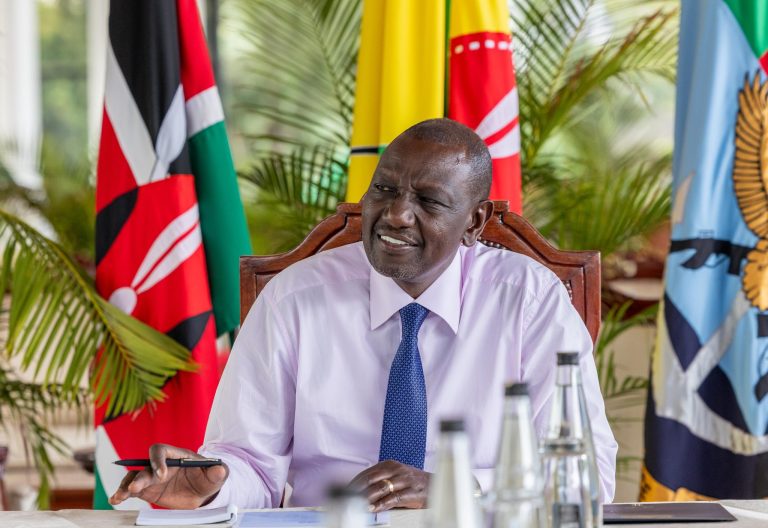
A new survey by TIFA Research, conducted between May 2-6, 2025, has pinpointed the soaring cost of living as the most significant failure of President William Ruto’s Kenya Kwanza government.
The TIFA National Public Issues Survey: State of the Nation, Kenya Kwanza Government Performance, 2027 Election Issues, and Foreign Relations reveals that 18% of Kenyans cite the failure to reduce living costs as Ruto’s primary shortcoming, overshadowing other concerns like poor leadership and corruption.
Economic struggles dominate public sentiment
The survey, based on responses from 2,024 Kenyans across nine regions, paints a stark picture of economic discontent. A striking 75% of respondents believe Kenya is heading in the wrong direction, with 45% attributing this to the rising cost of living.
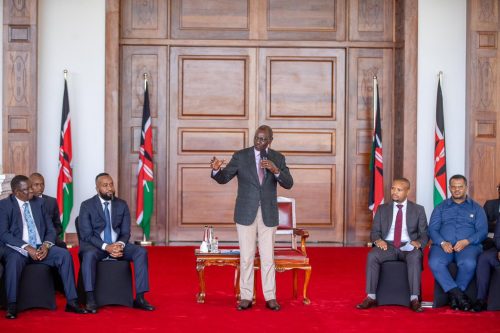
Similarly, 75% report that their personal or family economic situation has worsened since the 2022 election, with only 10% noting improvement. The high cost of living emerged as the top reason for this negative outlook, far outstripping other issues like unemployment or human rights abuses.
While 14% of respondents credit Ruto’s administration with achievements in infrastructure development, nearly half (46%) could not name a single accomplishment.
This contrasts sharply with the ease with which Kenyans identified failures, with only 7% unable to cite one. Beyond the cost of living, 11% pointed to poor leadership, 8% to inadequate health services, and 7% to corruption and human rights abuses as major failures.
Political fallout and broad-based govt
The survey also highlights tepid support for the Broad-Based Government (BBG), the coalition between Ruto and former Prime Minister Raila Odinga, with only 22% of Kenyans in favour and 54% opposed.
“Still, given the fact that together, these two leaders obtained about 99% of the 2022 presidential vote, it is worth summarizing the factors that most likely account for their loss of support, at least in terms of approval of their BBG,” the report stated.
Economic woes appear to fuel this opposition, as 85% of anti-BBG respondents report worsened economic conditions since 2022, compared to 52% of BBG supporters. Despite this, even among BBG supporters, the high cost of living remains a sore point, with many citing it as a reason for their dim view of the country’s direction.
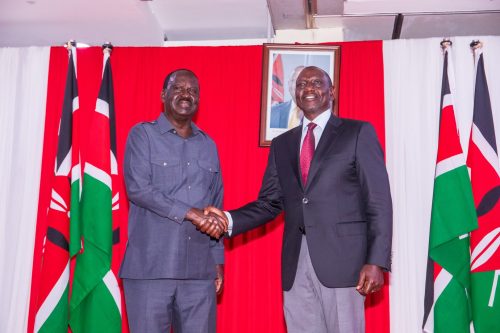
Broader implications
The survey identifies corruption (42%) and poor leadership (30%) as the main barriers to Kenya’s progress, but the cost of living’s prominence underscores its role as a political lightning rod.
With the 2027 elections looming, the TIFA findings suggest that addressing economic pressures will be critical for Ruto’s re-election bid. The survey also notes regional variations, with Central Rift and Northern zones showing relatively less pessimism (61% and 63% reporting worsened conditions, respectively.
Author
Kenneth Mwenda
Kenneth Mwenda is a digital writer with over five years of experience. He graduated in February 2022 with a Bachelor of Commerce in Finance from The Co-operative University of Kenya. He has written news and feature stories for platforms such as Construction Review Online, Sports Brief, Briefly News, and Criptonizando. In 2023, he completed a course in Digital Investigation Techniques with AFP. He joined People Daily in May 2025. For inquiries, he can be reached at kenneth.mwenda@mediamax.ke.
View all posts by Kenneth Mwenda
